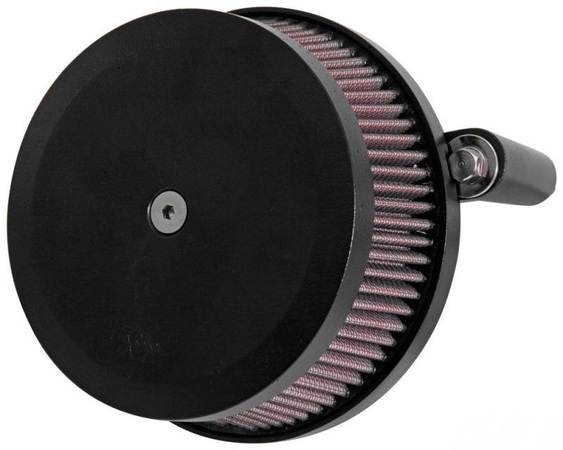
The global market for rheumatoid arthritis treatments is expected to grow at a CAGR of...
Learn More
Our consulting solutions address company specific challenges with respect to micro environment...
Learn More
Organizations frequently need day-today research guidancein order to gain strategic...
Learn More
Exploring different areas of market research and market analysis is a key factor...
Learn MoreAcute Market Reports presents the most extensive global business research services across industries. Our research studies focus on potential outcomes, benefits, and risks associated with each market segment across geographies. Having served our global clients for more than 10 years, our prime priority is to enable our clients in making well-informed business decisions through a data-driven, analytical, and uncomplicated research approach.
We provide access to the world's most comprehensive, analytical, and updated business intelligence services and solutions.




The marine air intake systems market refers to the market for air intake systems installed in marine vessels, such as ships and boats, to supply clean and filtered air for the efficient operation of engines and machinery on board. The marine air inta...
Read More
The building-to-grid technology market is expected to grow at a CAGR of 22% during the forecast period of 2025 to 2033. The technology refers to the integration of buildings with the power grid, enabling enhanced energy management and efficiency. Thi...
Read More
The AI governance market is experiencing significant growth with an expected CAGR of 67.3% during the forecast period of 2025 to 2033, due to the increasing adoption of artificial intelligence (AI) technologies across various industries. The market r...
Read More




